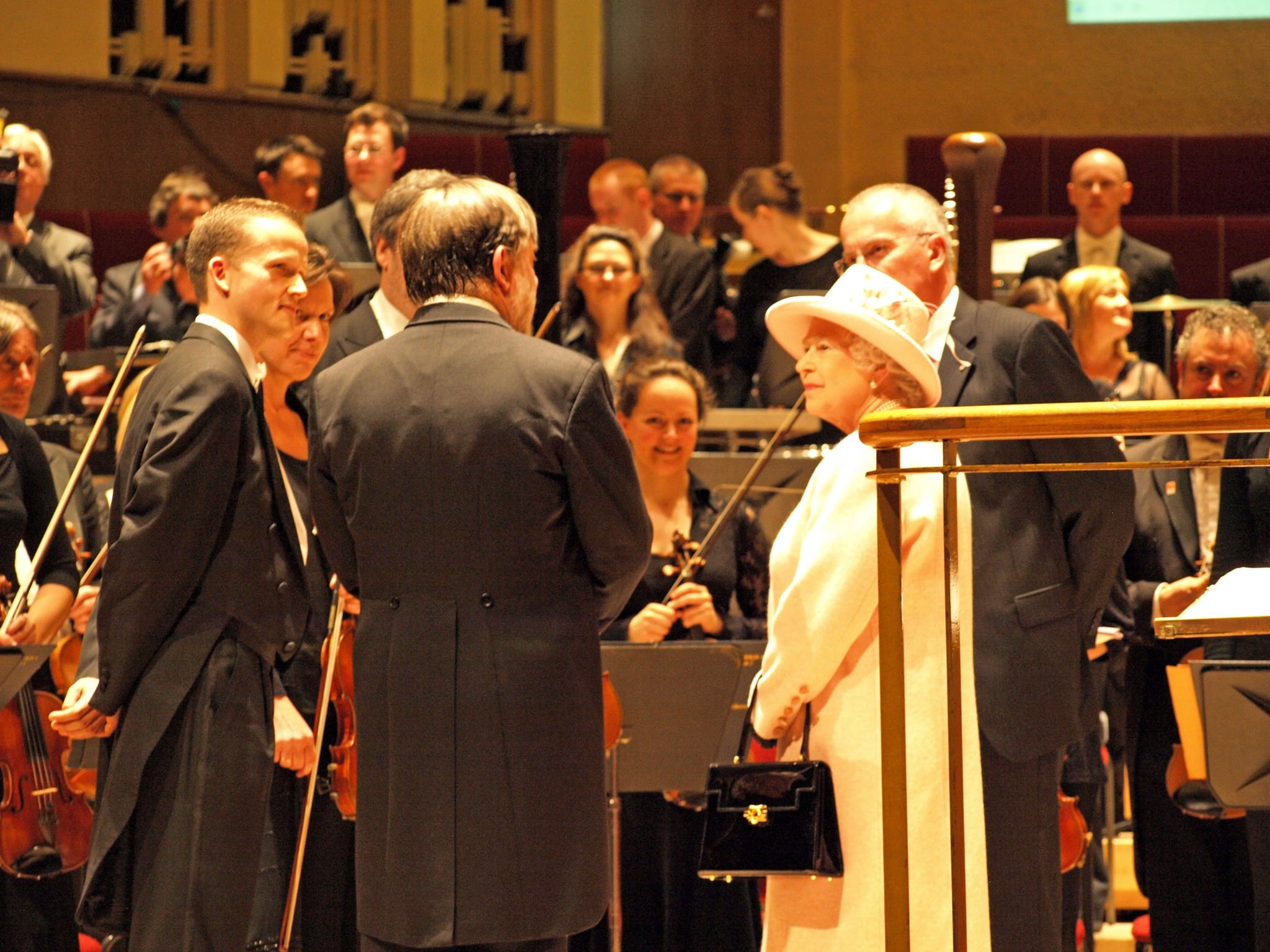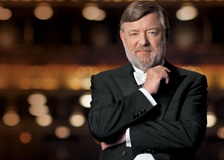Ken Russell and Mahler: fragments of conversation
mainKen Russell, who died yesterday, cheerfully disavowed the constraints of authenticity when making his epic film, Mahler.
He was not bothered by whether Alma was telling the truth in her memoir of Gustav. ‘She tells a good story,’ he decided.
Nor was he troubled by location. ‘I shot it in six weeks, half in the (English) Lake Disctrict, half in a flat in Portobello Road.’
To make Mahler’s family sound more Jewish, he had them speak in London East End accents.
‘I can’t read music and I don’t speak German,’ Ken declared proudly to me.
So far, so fake.

But what could not be denied was Ken’s passion for Mahler and his music. He was consumed by it, absorbed, besotted. Music was Ken’s driving motivation and his use of it in the film is inspirational.
Klaus Tennstedt, the most instinctual Mahler conductor I have known, called it the best film he had ever seen about music and watched it over and over again. When opera houses asked him to conduct Strauss, he named Ken as his preferred director. When they refused – on grounds of Ken’s turbulence and notoriety – so did Klaus. They never worked together, but they met several times and enjoyed each other’s company.






As a teenager I fell in love with Ken’s work from the Elgar film onwards.
Even though he was never less than OTT, he inspired in me a love
of many composers about whom I knew little before seeing his films.
So what if they were inaccurate they inspired me to find out more
about their subjects’ lives and music and for that I will always be grateful.
Factually correct or not, no composer biopic contains more artistic truth than Ken Russell’s “Mahler”, IMHO. It starts with the music, sends you back to the music, and makes Mahler strange, raw and shocking all over again. A very useful corrective to slick, over-polished performances and unthinking canonisation; a masterpiece, in its way.Gratifying to hear that Tennstedt thought so too.